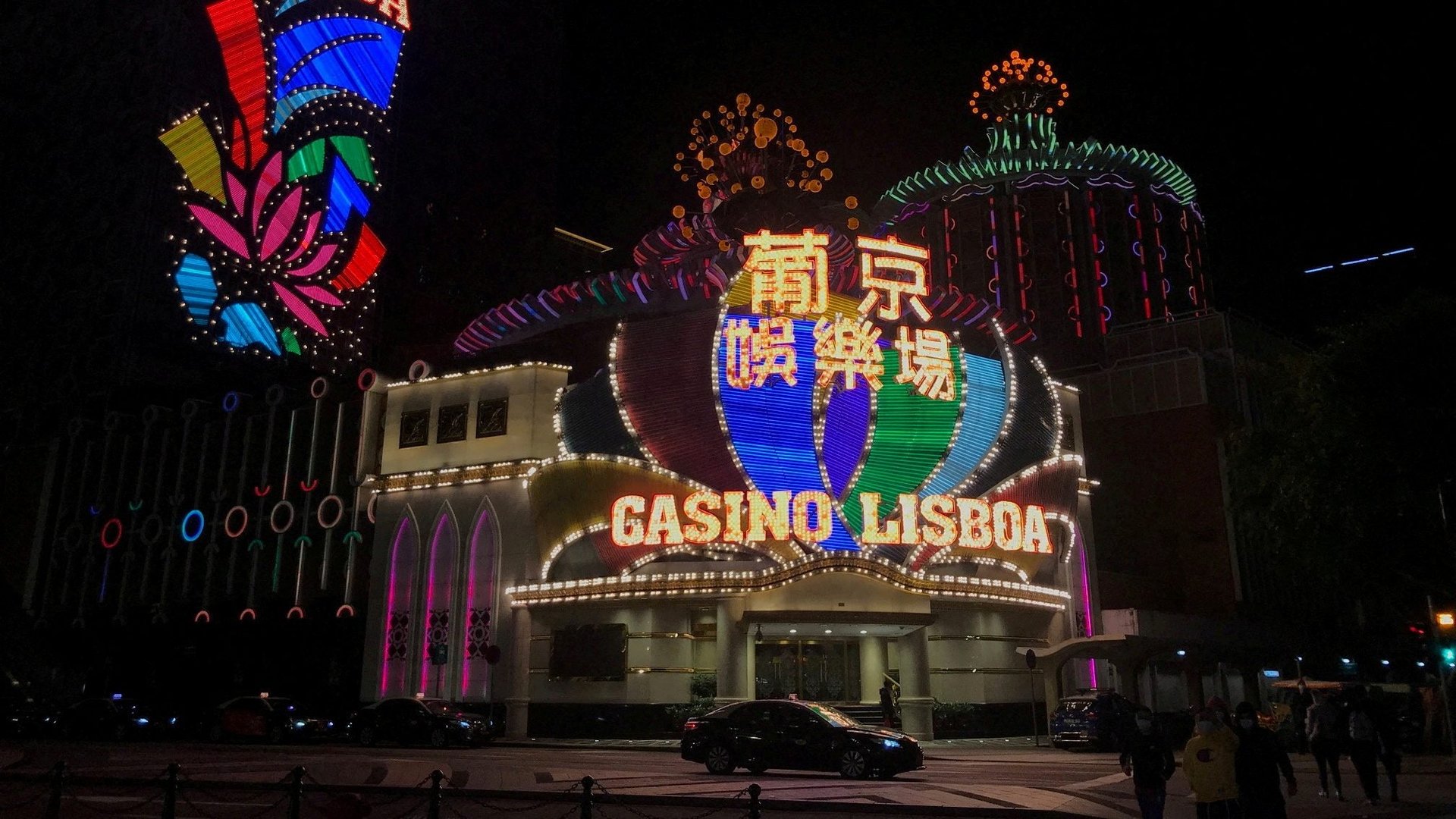China’s latest CEO arrest is part of a grand plan to transform Asia’s casino capital
China has deepened its crackdown on junket operators catering to its wealthiest gamblers.


China has deepened its crackdown on junket operators catering to its wealthiest gamblers.
Macau police on Sunday (Jan. 30) arrested Chan Weng Lin, CEO of both Macau Legend, a casino resort, and of the Tak Chun Group, Macau’s second-largest junket operator. Chan, who was charged on suspicion of illegal gambling and money laundering, is one of 15 people connected with the industry who have been arrested in a sweeping crackdown that began in November 2021 with the arrest of Alvin Chau, a glitzy, high-powered industry player, dubbed Macau’s “Junket King.” Of those arrested, six have been detained by police, including Chan and Chau, according to Reuters.
By Monday, Jan. 31, Chan had stepped down as CEO of Macau Legend. Its board distanced themselves, calling his arrest a matter of his “personal affairs” (pdf), that nevertheless led to a 19% drop in the company’s shares. The fallout for Alvin Chau had likewise been swift and even harsher. Within two weeks, Chau’s junket company of 12,000 agents, Suncity Group, announced that it had ceased all business operations, as “judicial proceedings have rendered the company unable to operate.”
High-rollers vs. common prosperity
Casinos are not allowed on mainland China, but they are allowed in Macau, a semi-autonomous Chinese island that was a Portuguese colony until 1999 and has since become the world’s largest gambling hub. China’s rich were connected to Macau by junkets—jet-fueled trips organized for maximum luxury and the stuff James Bond movies are made of—that authorities alleged doubled as vehicles for money laundering.
The excess represented by these trips to Macau’s casinos has been increasingly at odds with a new vision of China being implemented by its leader, Xi Jinping, who has highlighted the importance of “common prosperity.” China has grown increasingly unequal during the decades of economic reform, minting a new generation of billionaires while migrants to its big cities scrape together a living from precarious, part-time work. Part of the plan to make China more equal involves scrutinizing “excessive income” and collecting more money from those suspected of avoiding paying their fair share of tax.
Beijing has blamed casinos for the transfer of billions of dollars from mainland China to overseas. To stanch this offshore flow, in March 2021 it became illegal to organize mainlanders to gamble abroad, punishable by imprisonment depending on the amount of money involved. Suncity’s mainland clients were allegedly gambling on platforms based in the Philippines and Cambodia with bets totaling some 1 trillion yuan ($157 billion). According to a report by the Beijing-based news outlet Caixin Global, money was flowing abroad illegally through “underground banks.” The firm denied having online gaming operations, and said it followed all local government rules.
With an estimated 40% of the market share for casino junkets, Suncity’s demise brought the industry down with it, and authorities eventually came for Chan Weng Lin. According to Inside Asian Gaming, an industry outlet, Macau Police said it had sufficient information that Chan’s Tak Chun Group and Suncity worked together.
According to Caixin, four of the six casino license holders have stopped working with junkets, and the number of licensed operators have halved to 46. Rather than bringing in China’s wealthiest, the remaining junket operators will likely shift to luring gamblers in from Southeast Asia or Europe.
Macau as a destination for “big health”
While there will still be gambling in Macau, the shrinking industry plays into Beijing’s wider plan to diversify Macau towards a path of leisure and mass-market tourism, with plans to build sports venues and conference facilities.
On Jan. 1, 2021, the city appointed its first director of the new Pharmaceutical Supervision and Administration Bureau, tasked with developing Macau’s “big health” industry. Big health is intended to encompass a range of services, from fitness and healthcare, including medical tourism, to the regulation of traditional Chinese medicine.